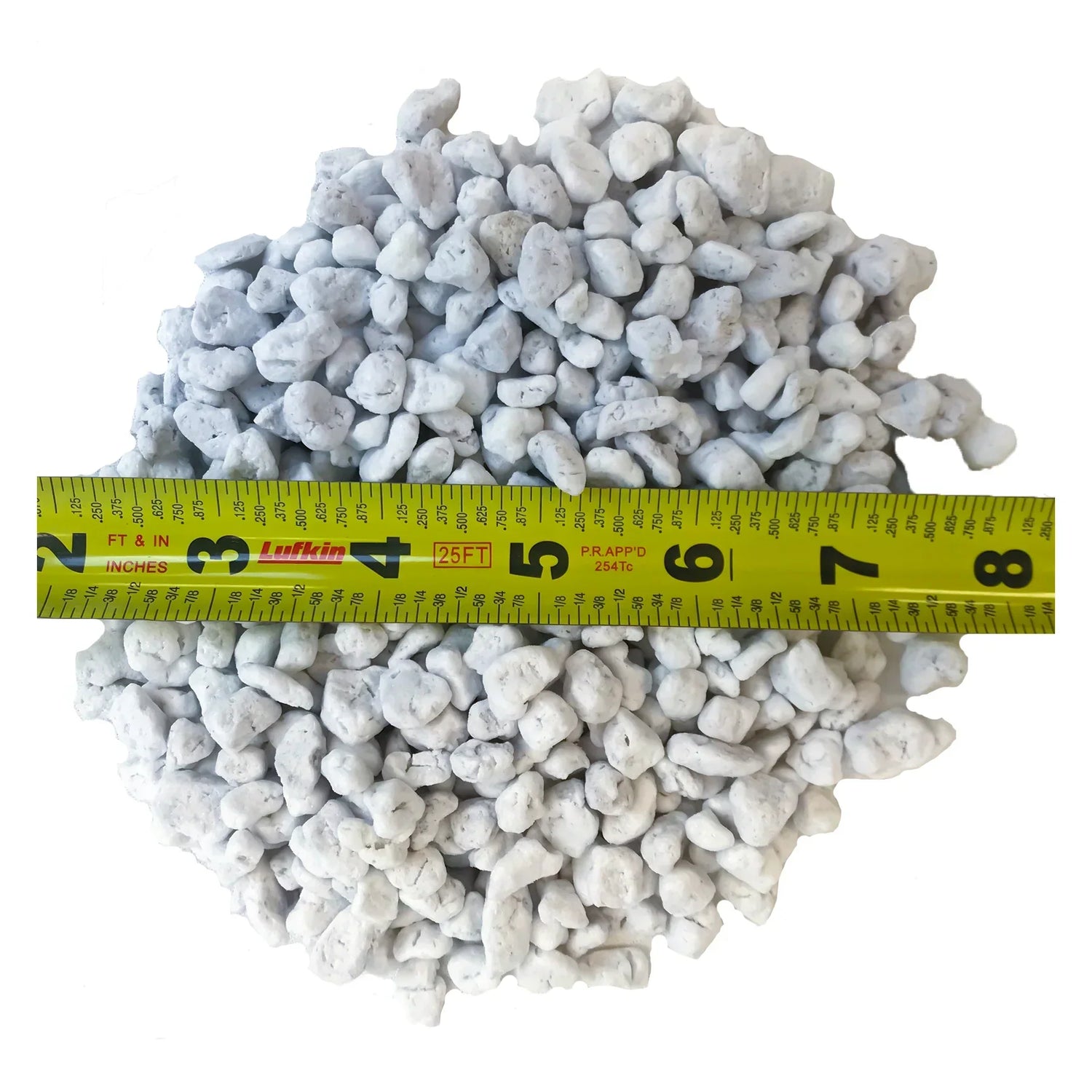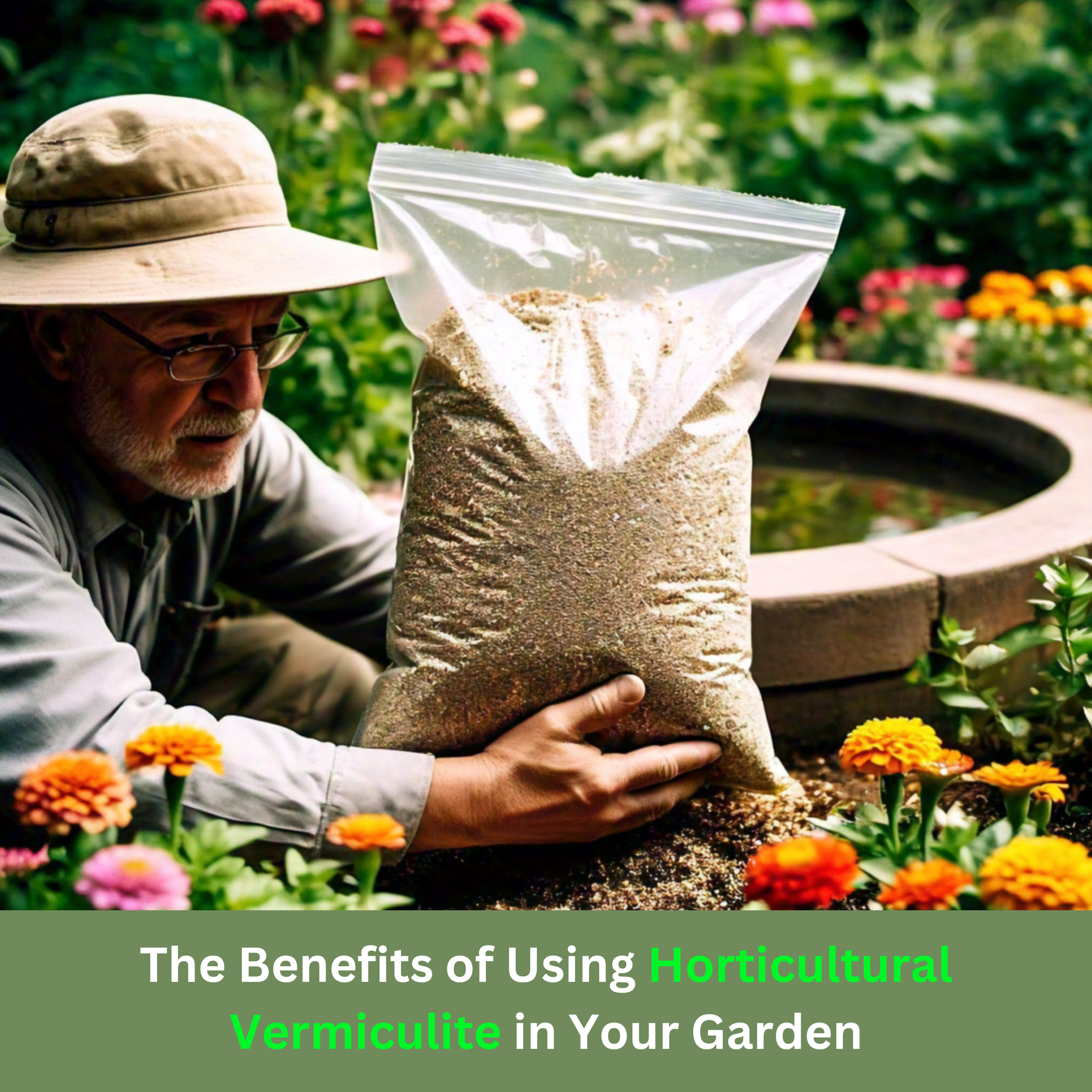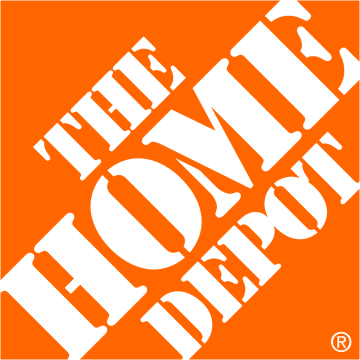Soil additives play a crucial role in gardening, significantly impacting the health and growth of plants. They help improve soil structure, drainage, aeration, and nutrient retention, making it easier for plants to thrive. With various soil additives available, it is essential to choose the right one for your gardening needs. This article will compare perlite with other common soil additives to help you decide which is best for your plants.
What is Perlite?

Perlite is a naturally occurring volcanic glass that expands when heated. During production, perlite ore is heated to around 1,600 degrees Fahrenheit, causing it to pop like popcorn and expand up to 20 times its original volume. This process creates a lightweight, porous material that is highly beneficial for gardening.
Physical Properties of Perlite
- Lightweight: Perlite is incredibly light, making it easy to handle and mix into soil.
- Porous: The porous nature of perlite allows for excellent drainage and aeration, preventing waterlogging and promoting healthy root growth.
- Inert and pH Neutral: Perlite is chemically inert and has a neutral pH, making it suitable for various plants without altering the soil’s chemical balance.
Common Uses of Perlite in Gardening
Perlite is widely used in gardening and horticulture for various applications, including:
- Soil Amendment: Perlite improves soil structure, drainage, and aeration.
- Hydroponics: Used as a growing medium in soilless systems.
- Seed Starting: Helps retain moisture while providing good aeration for seed germination.
- Potting Mixes: Enhances the quality of potting soils by improving drainage and aeration.
Benefits of Using Perlite
- Excellent Drainage and Aeration: Prevents water-logging and promotes healthy root development.
- Lightweight and Easy to Handle: Simplifies mixing and application in gardening.
- Inert and pH Neutral: Suitable for various plants without affecting soil chemistry.
- Reusable and Long-Lasting: Can be reused multiple times, making it cost-effective and sustainable.
Comparing Perlite to Other Soil Additives
Vermiculite

Vermiculite is a mineral that expands when heated, similar to perlite. It is commonly used in gardening for its water retention and aeration properties.
- Drainage and Water Retention: Vermiculite retains more water than perlite, making it ideal for plants that require consistent moisture. However, it does not provide as much aeration as perlite.
- Suitability: Best for seed starting and growing plants that need high moisture levels.
Peat Moss

Peat moss is an organic material harvested from peat bogs. It is widely used as a soil amendment and growing medium.
- Water Retention and Aeration: Peat moss retains a significant amount of water but can compact over time, reducing aeration.
- Environmental Considerations: Peat moss harvesting is not sustainable and can damage natural ecosystems.
- Suitability: Suitable for acid-loving plants and improving moisture retention in soil.
Coconut Coir

Coconut coir is made from the fibrous husk of coconuts. It is a sustainable alternative to peat moss and has gained popularity in gardening.
- Water Retention and Drainage: Coconut coir retains water well while providing good drainage and aeration.
- Sustainability: A renewable resource and environmentally friendly.
- Suitability: Ideal for various gardening applications, including seed starting, potting mixes, and hydroponics.
Sand
Sand is a granular material commonly used to improve soil drainage.
- Drainage and Weight: Sand provides excellent drainage but can be heavy and difficult to work with.
- Benefits and Drawbacks: While it improves drainage, sand does not retain nutrients well and can compact over time.
- Suitability: Useful for improving drainage in heavy clay soils.
Compost
Compost is decomposed organic matter that enriches the soil with nutrients and improves its structure.
- Nutrient Content and Organic Matter: Compost adds essential nutrients and organic matter to the soil, enhancing its fertility and structure.
- Suitability: Suitable for a wide range of gardening applications and plants.
Factors to Consider When Choosing a Soil Additive
When selecting a soil additive, consider the following factors:
- Plant Needs: Different plants have varying requirements for drainage, aeration, and nutrient retention.
- Gardening Type: The type of gardening you are doing (e.g., container gardening, hydroponics, outdoor beds) will influence your choice of soil additive.
- Environmental and Sustainability Considerations: Choose environmentally friendly and sustainable options when possible.
- Availability and Cost: Consider the cost and availability of the soil additive in your area.
Practical Tips for Incorporating Perlite into Your Gardening Routine
- Mixing: Combine perlite with potting soil or compost at a ratio of 1:4 (one part perlite to four parts soil) for improved drainage and aeration.
- Seed Starting: Use a mix of perlite and peat moss or coconut coir for seed starting to provide a balance of moisture retention and aeration.
- Hydroponics: Use perlite as a standalone growing medium or mix it with other substrates like coconut coir for hydroponic systems.
Final Thoughts on Choosing the Right Soil Additive
Perlite offers numerous benefits as a soil additive, including excellent drainage and aeration, lightweight handling, and reusability. When compared to other soil additives like vermiculite, peat moss, coconut coir, sand, and compost, perlite stands out for its versatility and effectiveness in promoting healthy plant growth. Consider using perlite to improve your soil and support the health of your plants. For more gardening tips and advice, explore our blog. Happy gardening!









Leave a comment
All comments are moderated before being published.
This site is protected by hCaptcha and the hCaptcha Privacy Policy and Terms of Service apply.